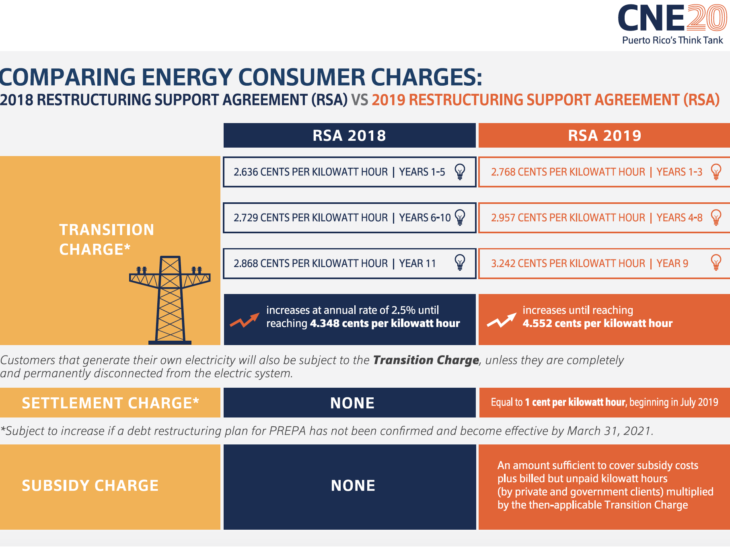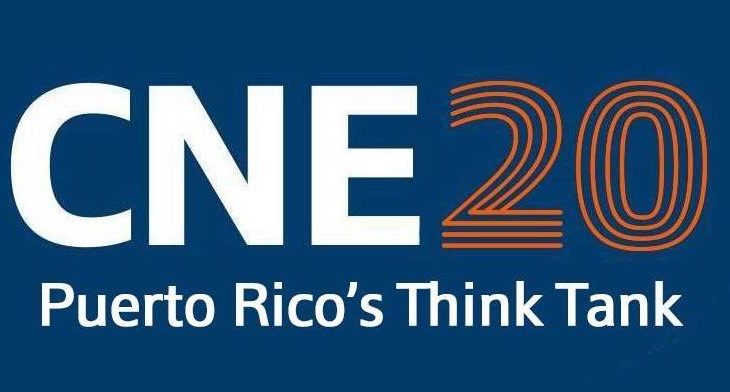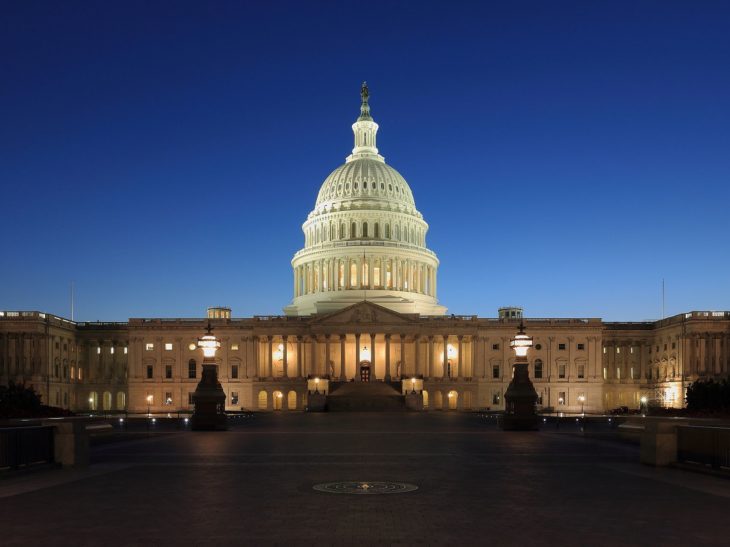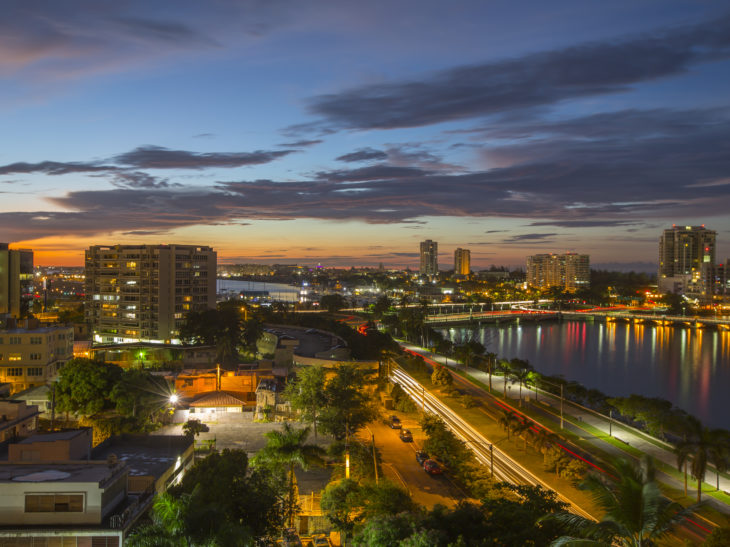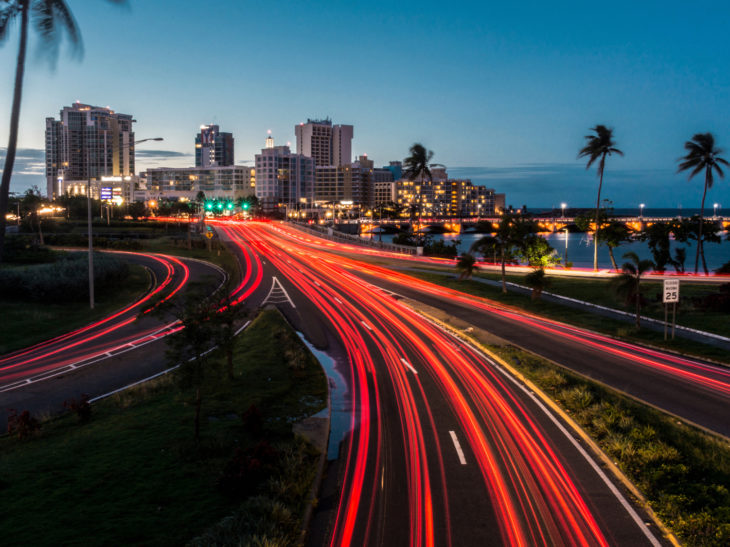Una mirada a los fondos de asistencia de desastre para Puerto Rico
Recientemente, se ha debatido de manera acalorada si el gobierno federal ha tratado a Puerto Rico de manera justa en la asignación de fondos para asistencia de desastre después del paso de los Huracanes Irma y María. La contestación a esta pregunta es una compleja porque depende en gran medida de entender (1) como funciona el proceso de asignaciones federal y (2) como funcionan los diferentes programas de asistencia.


